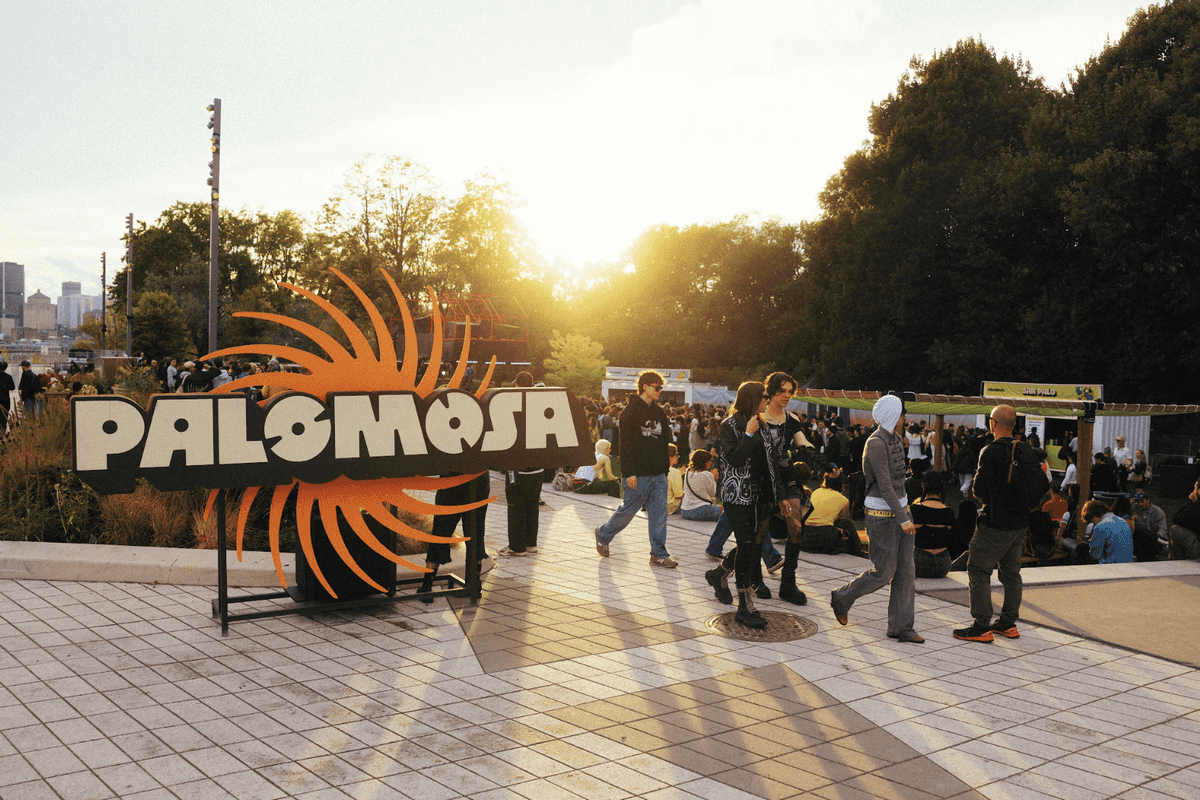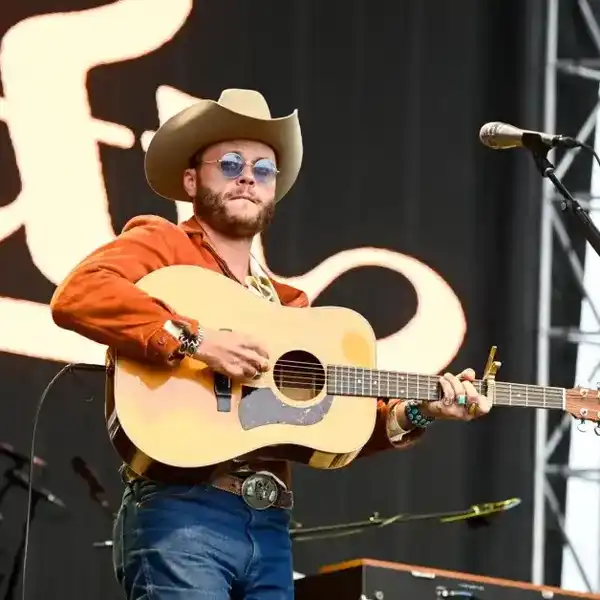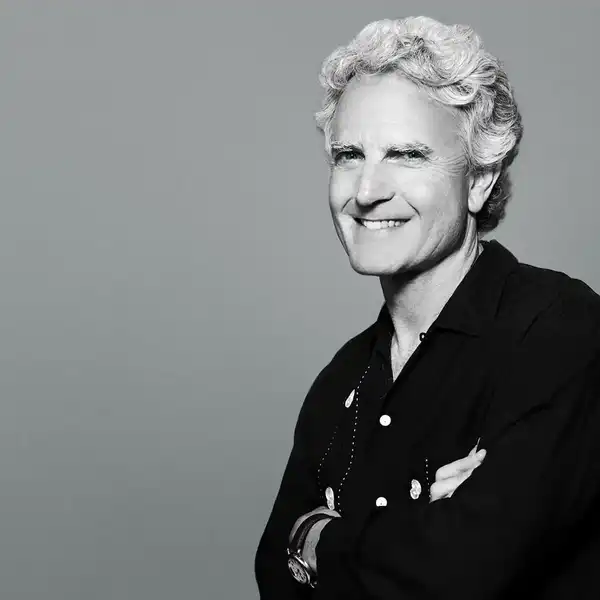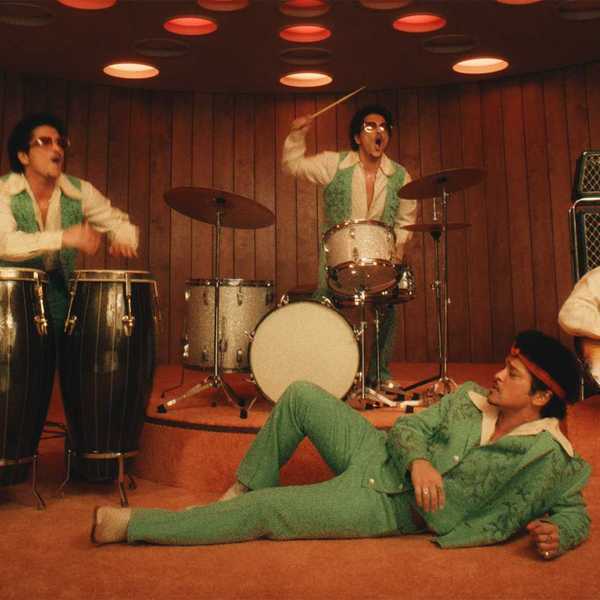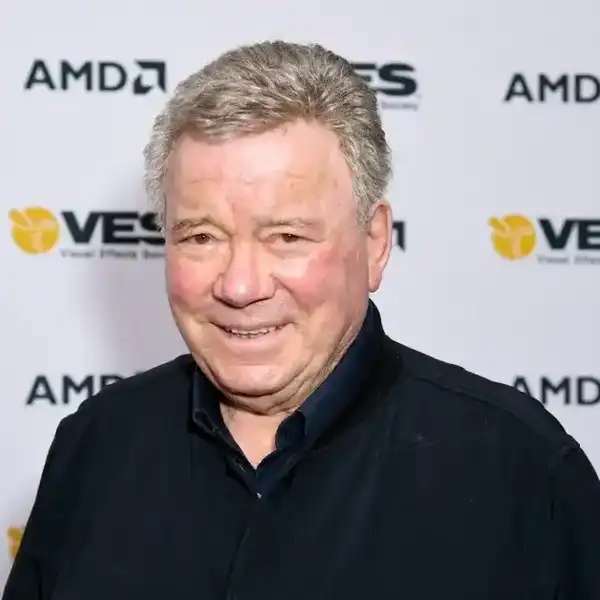Billboard Canada FYI Bulletin: The Guess Who's Now Legendary Legacy
When friends fall out, stand back because you can never quite guess who is next in line to create havoc over a treasure chest of hits. As Burton Cummings takes unusual action to prevent a group from using the Guess Who name, the band's unusual history sheds light on the conflict.
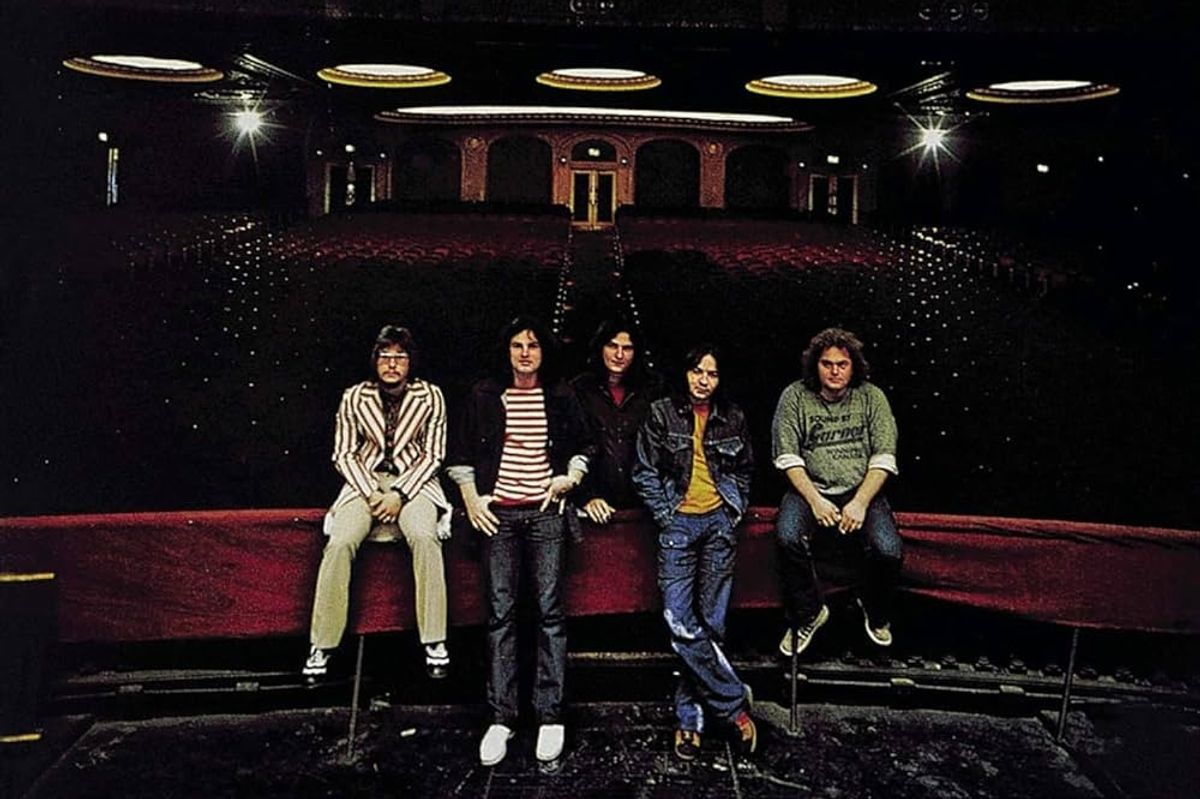
The Guess Who's 'Live At The Paramount' Album, 1972
Burton Cummings has been making news recently after taking the unusual step of taking legal action to prevent a touring group using the Guess Who name from playing any of the songs he wrote or co-wrote with Randy Bachman when the two of them were in the group some 30 years ago.
Well, guess what? The shadow group has taken his threats seriously and either cancelled shows or had venues do the same for them. Few acts have the power to enforce this action. The reason is that Cummings is the publisher of all the songs in the band’s repertoire, including those that were written by or co-written with Randy Bachman and an assortment of others co-written or written by various members of the band’s long list of members living or dead.
Around the time the Beach Boys crashed into the U.S. Top 40 with “Help Me Rhonda,” the Supremes were still very much all the rage and the Beatles were launching themselves in America, a heretofore unknown garage band out of Winnipeg released “Shakin’ All Over," a single that sounded altogether like The Who but was a cover of a song by a one-hit single Brit band Johnny Kidd & and the Pirates. Canadian majorly indie Quality Records decided to hoodwink Canadian broadcasters by white-labelling the release with the inscription “Guess Who?” where the artist’s name would ordinarily appear. The idea was to let the song stand on its legs without having anyone guess this was an unknown Canadian band out of Winnipeg.
The gambit paid off, handsomely, and so began the genesis of what would evolve into the Guess Who with Randy Bachman who a year later would swap out Bob Ashley on keyboards and vocals with the then-unknown fellow hometown boy Burton Cummings. In 1970 for various reasons sometimes described as rancorous, Bachman left and hit it big on his own with Bachman Turner Overdrive. His chemistry was sorely missed, but the Guess Who continued for another five years before Cummings quit the band as well and left the legacy in the hands of bassist Jim Kale and drummer Garry Peterson.
That worked for a time, but with the band’s career on the wane, Cummings left five years later. It’s worth noting that in 1972, sans Bachman, the Guess Who released Live at the Paramount, a double album that included two mega-hits that were co-written by Cummings and Bachman: “American Woman” and “No Time.”
And it was that album that was the start of Cummings’ disenchantment and then anger over the lack of due credit given him by the shadow band that earned its keep largely on the backs of his and Bachman’s creative legacy.
The rub, as Cummings recounts in a recent interview with Goldmine magazine, was having some Guess Who fan asking him to autograph the inside of the album that had his picture on the inside of the gatefold. As per the Goldmine interview: “I said, 'Sure.' I opened it up to sign my picture on the inside, and it had been signed by Terry Hatty, who was Kale's lead singer at the time. So, my picture had been signed by the guy who was then singing The Guess Who songs. To me, that's just unacceptable. And I know that this had been sanctioned by Kale and Peterson. Kale may have even encouraged this kind of thing, like saying to him, 'Look, you're the lead singer. Sign the picture.' That really, really frosted me, when I saw that, when I went to sign my own picture on Live at the Paramount and it had been signed by the [other] singer.”
Cummings’ discontent over the band’s ongoing career continued to stew until it hit a boiling point. As per Wikipedia, early in 2023, Bachman and Cummings sent multiple cease-and-desist letters to the current Guess Who, accusing the Peterson-led nostalgia band of misleading the public. In October 2023, after having received no response to the letters, Bachman and Cummings launched a "false advertising" lawsuit against Kale and Peterson, claiming that the current band has used the band name, photos of Bachman and Cummings, and original recordings, “to give the false impression that they were performing as part of the cover band.” Bachman and Cummings are seeking $20 million in damages.
Again, as per the band’s Wiki entry: “In April 2024, Cummings arranged to have legal permission pulled for any public performance -— by anyone -— of any Guess Who material Cummings had written or co-written. This legal gambit would leave both the performer and the owner of the performance venue liable for damages if any Cummings-authored Guess Who work was performed for an audience. This left the current iteration of The Guess Who unable to perform most of the group's biggest hits, including "These Eyes," "American Woman," "No Time," and "Share the Land," among others. The group's early April concerts were immediately cancelled.
What’s not said and a noteworthy part of this story that has been largely overlooked is how Cummings can wield this control. As songwriters, the twosome earns performance royalties each time their songs are performed live and played on a laundry list of media entities such as YouTube, radio, and online platforms such as Spotify and Apple Music.
Where Cummings has the upper hand is that he also controls usage as the sole publisher of these songs and few artists other than perhaps Paul McCartney have this right.
As far as income splits go, the publisher earns a minimum of 50% of all royalty income with the balance split between the writer or writers and composer or composers. Cummings in this case earns 75% and has done so since he acquired sole ownership of the band’s publishing catalogue formerly held by Nimbus 9, a Toronto studio owned by Jack Richardson who first invested in the group and subsequently produced 14 albums with them.
For various reasons, the studio went into receivership in or around 1982. Cummings got wind of this, as recounted in Bachman's autobiography, and rushed to buy back ownership rights. To this day, by Bachman’s account, Cummings has declined to share the asset with his longstanding co-writer and bandmate. It has been the undoing of a great friendship and perhaps is the reason that Bachman has remained mostly silent outside of his legal requirement in co-joining Cummings in the legal dispute over the Guess Who name.
If and when there is a fully documented account of this band’s enormous success and inner travails are published, it will truly count as one of the great rock and roll stories of modern times.

